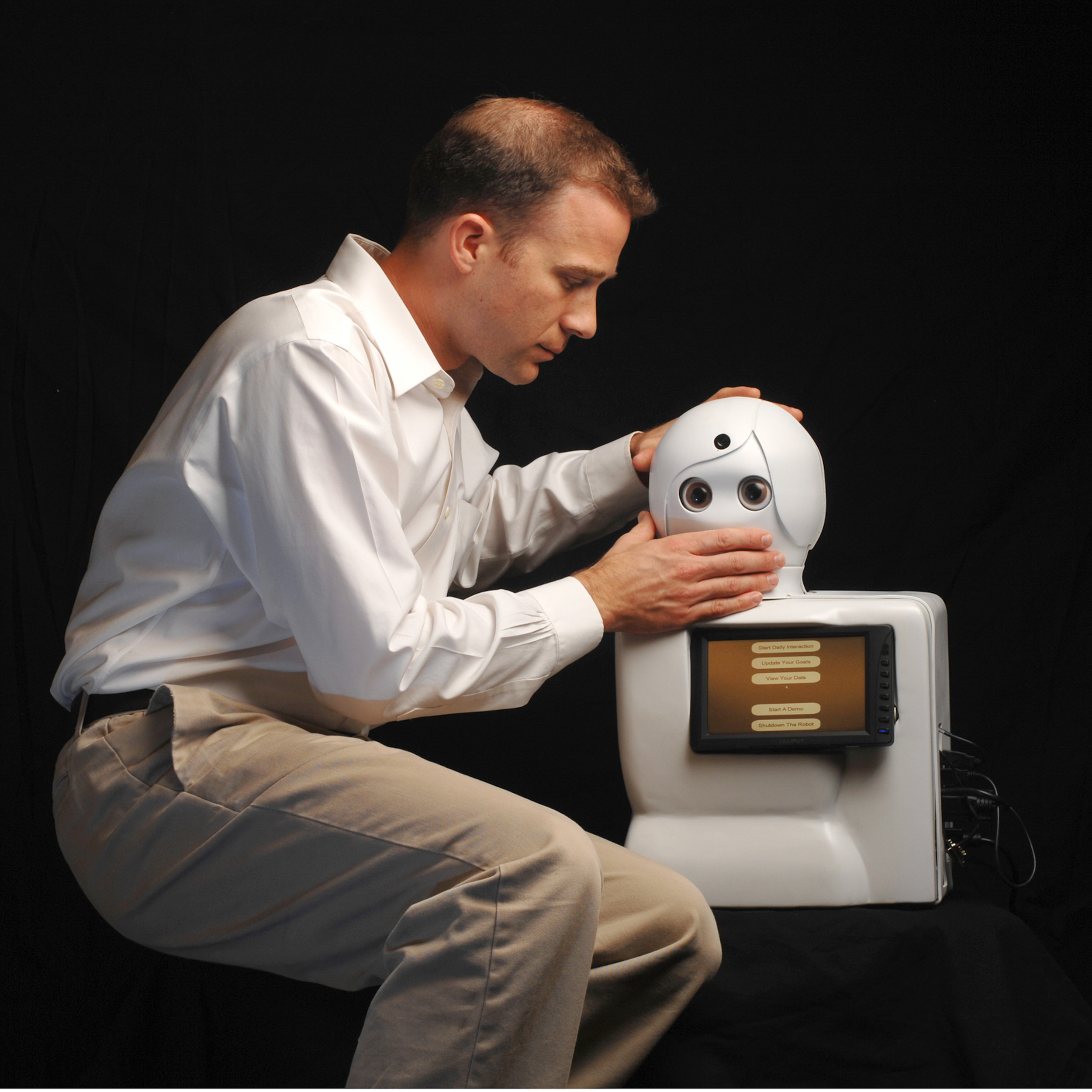

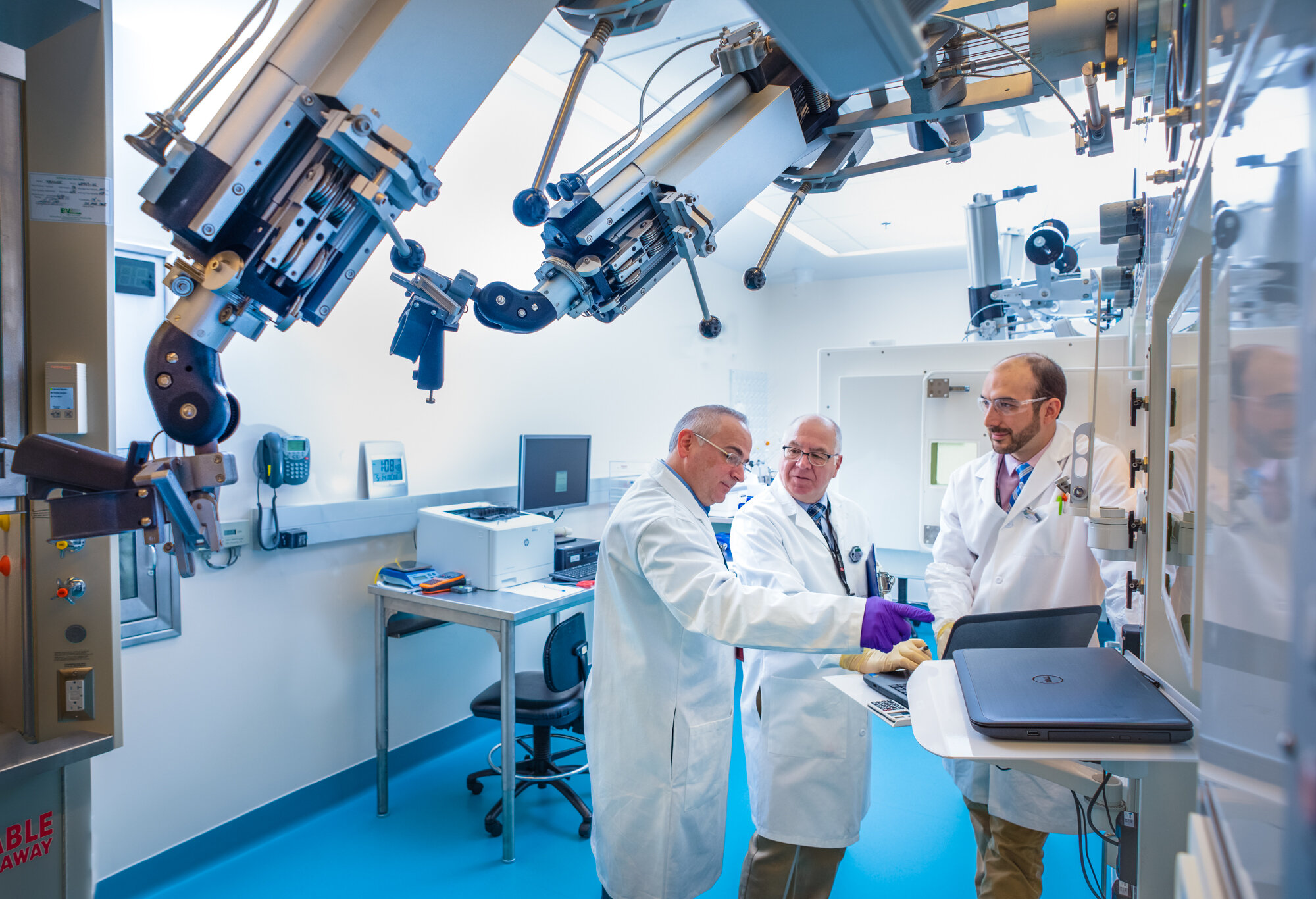
Robotic Suite at a Molecular Cancer Imaging Facility

Leonardo is a 2.5 foot social robot, the first created by the Dr. Cynthia Breazeal at the Personal Robots Group of the Massachusetts Institute of Technology. The body is made by Stan Winston Studios, leaders in animatronics. Its body was completed in 2002.
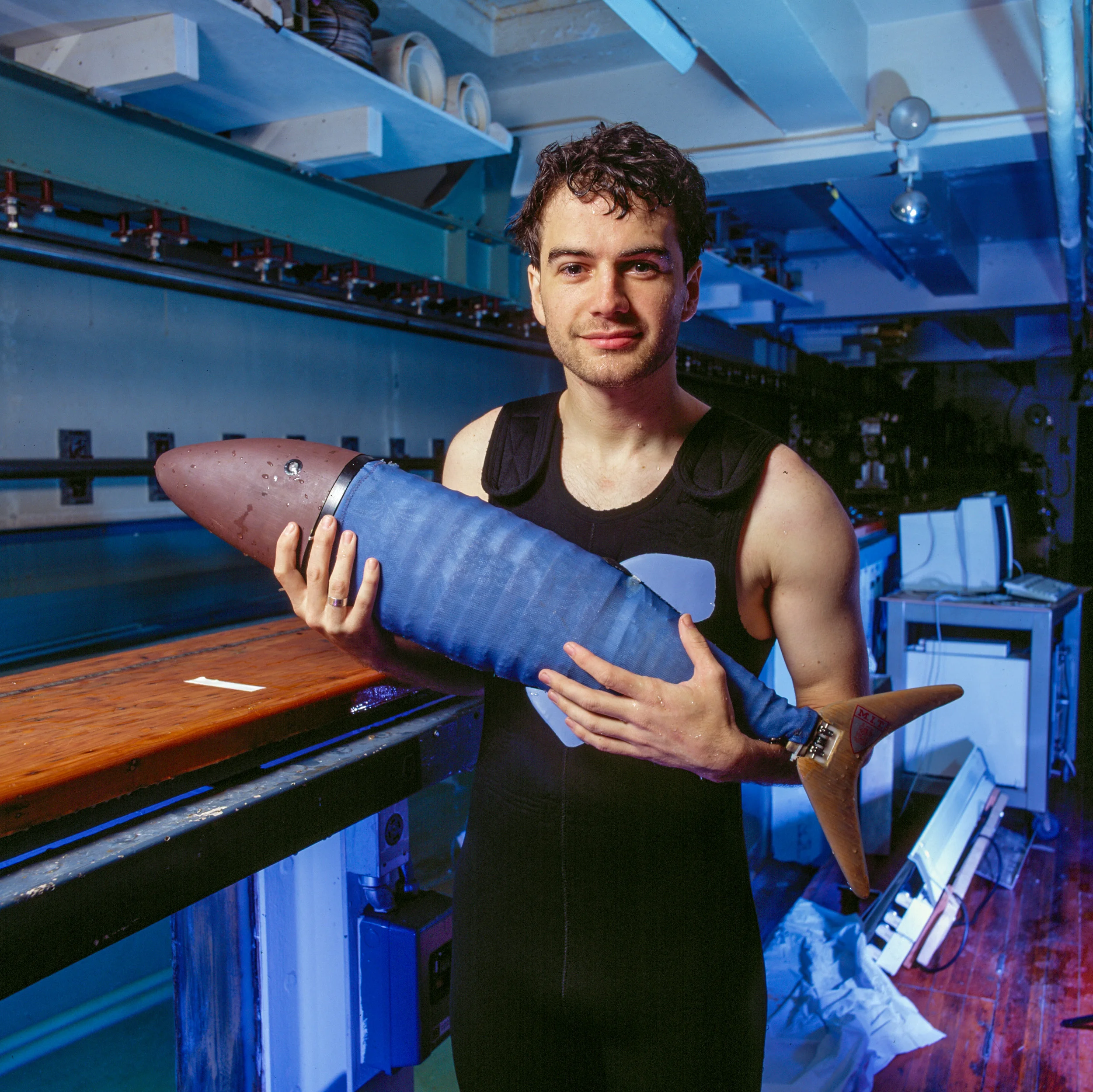
John Kumph, a senior in mechanical engineering at MIT. Robopike, the first free-swimming robot fish, was a project started in 1993 with an aim to investigate the possibility of constructing a robotic submarine that could reproduce the way tuna and pike swim and see if they could find a superior system of propulsion for the autonomous underwater vehicles.
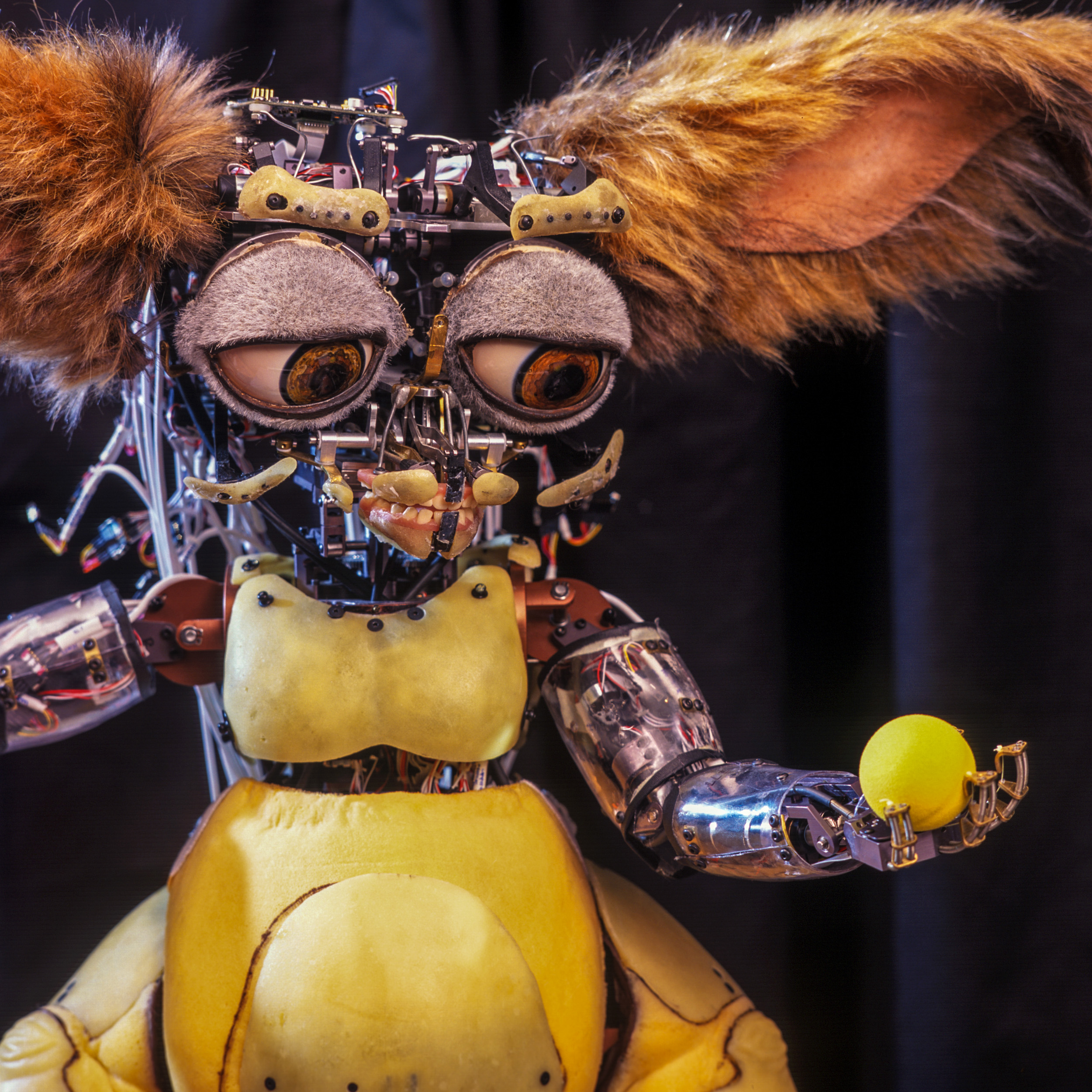
Leonardo is a 2.5 foot social robot, the first created by the Dr. Cynthia Breazeal at the Personal Robots Group of the Massachusetts Institute of Technology. The body is made by Stan Winston Studios, leaders in animatronics. Its body was completed in 2002.

John Kumph, a senior in mechanical engineering at MIT. Robopike, the first free-swimming robot fish, was a project started in 1993 with an aim to investigate the possibility of constructing a robotic submarine that could reproduce the way tuna and pike swim and see if they could find a superior system of propulsion for the autonomous underwater vehicles.

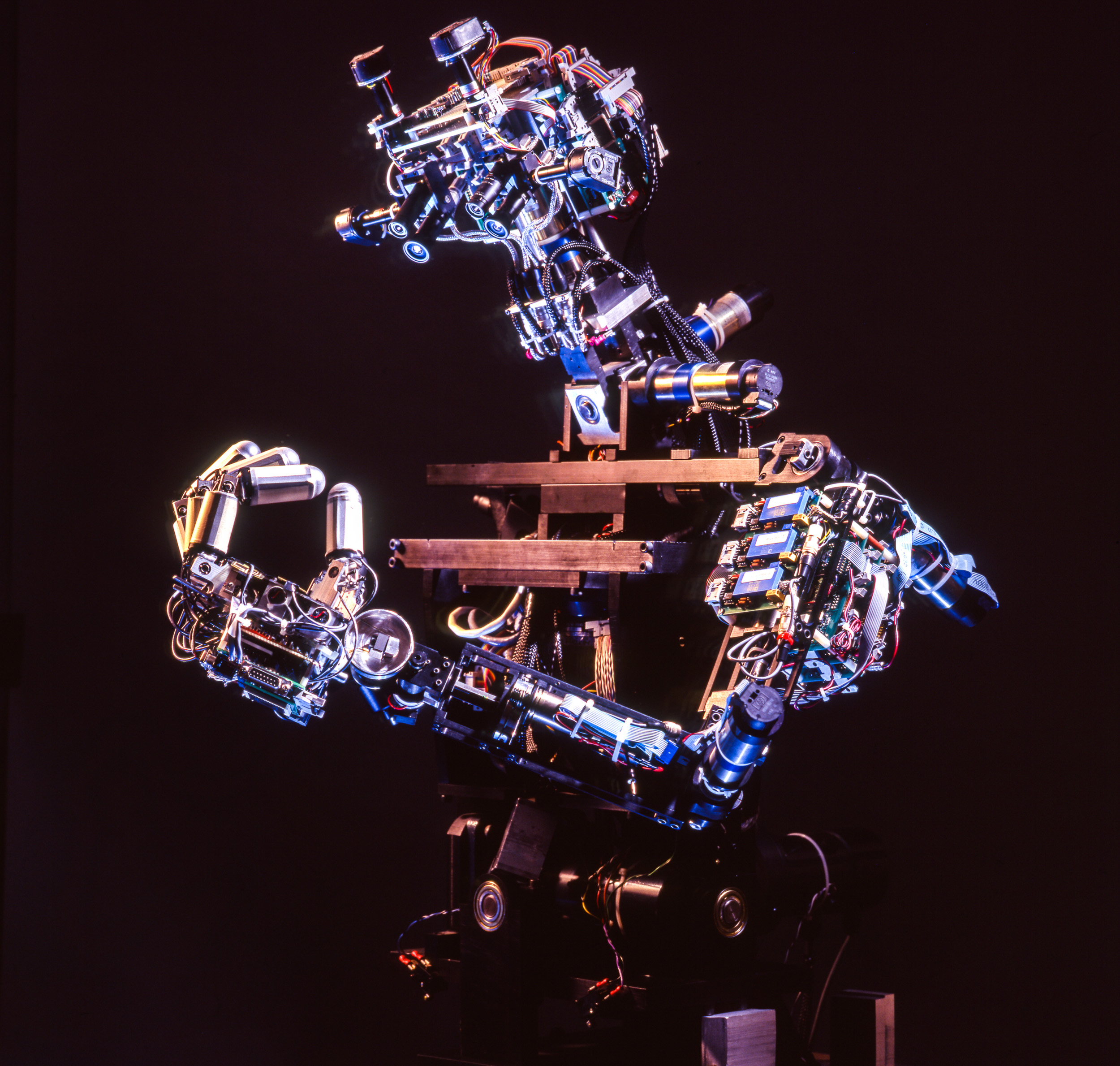
Cog was a project at the Humanoid Robotics Group of MIT. It was based on the hypothesis that human-level intelligence requires gaining experience from interacting with humans, like human infants do.
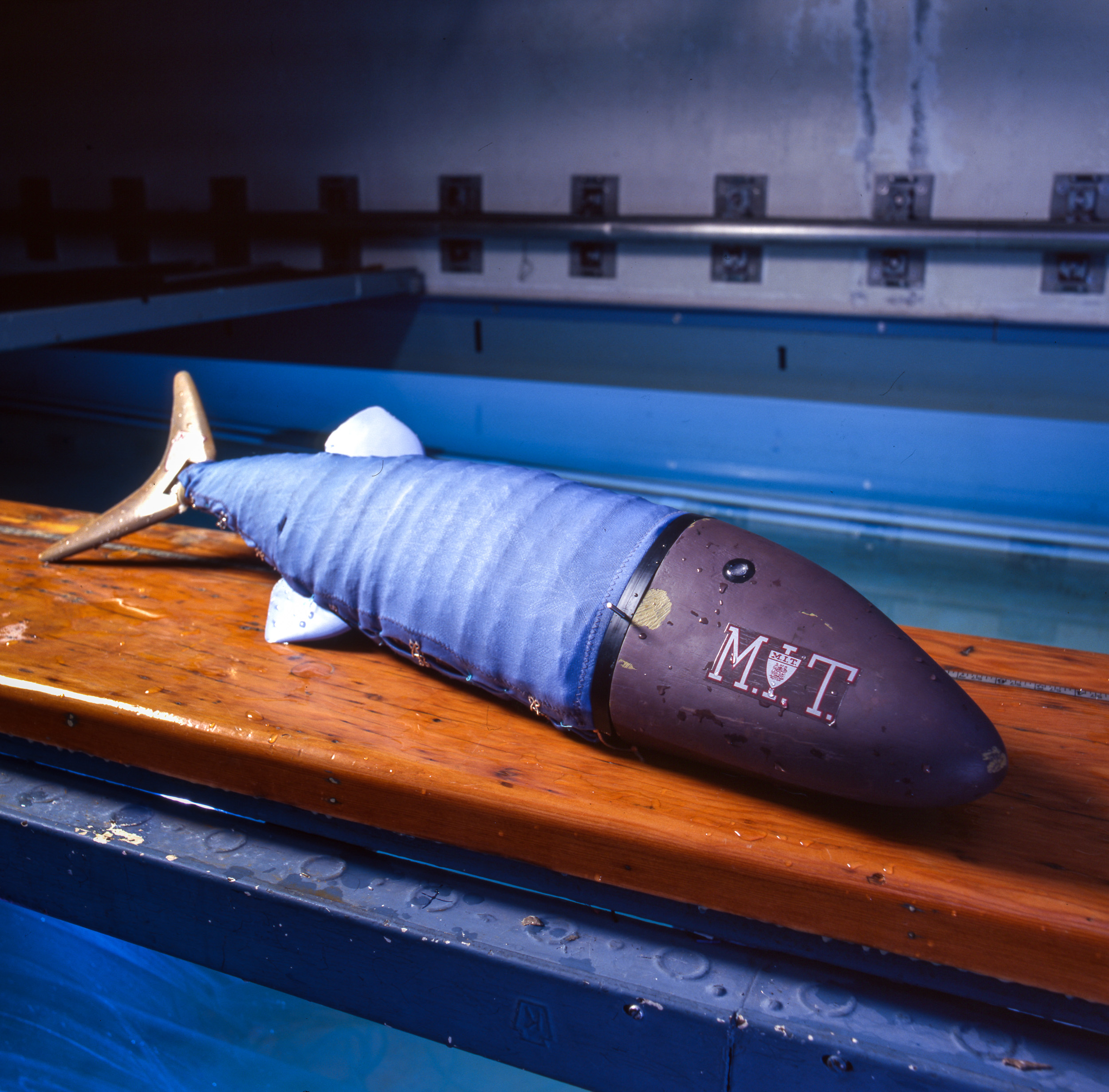
First free-swimming robot fish. The Robot Pike will be used in research into discovering why fish are such efficient swimmers.

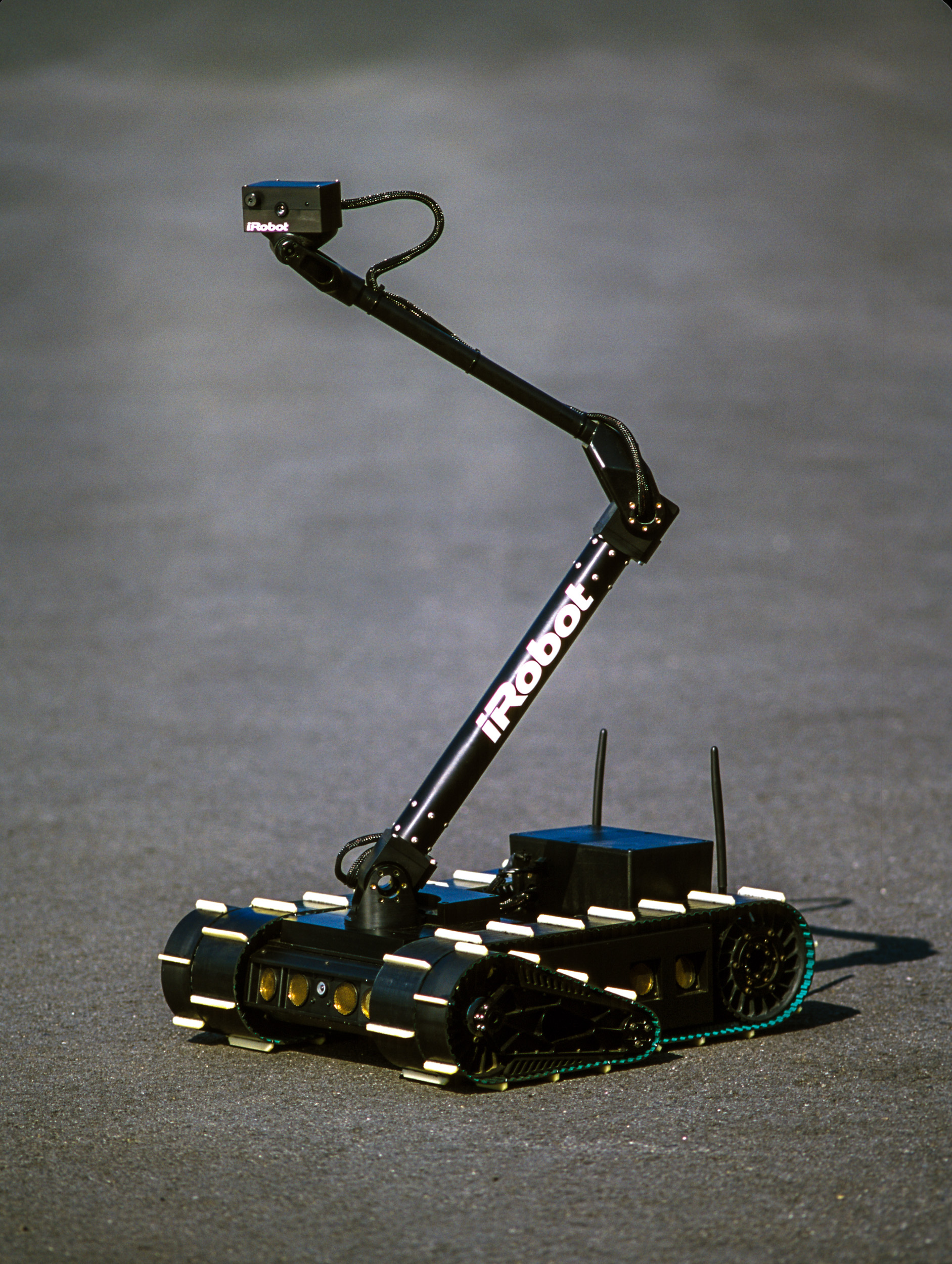

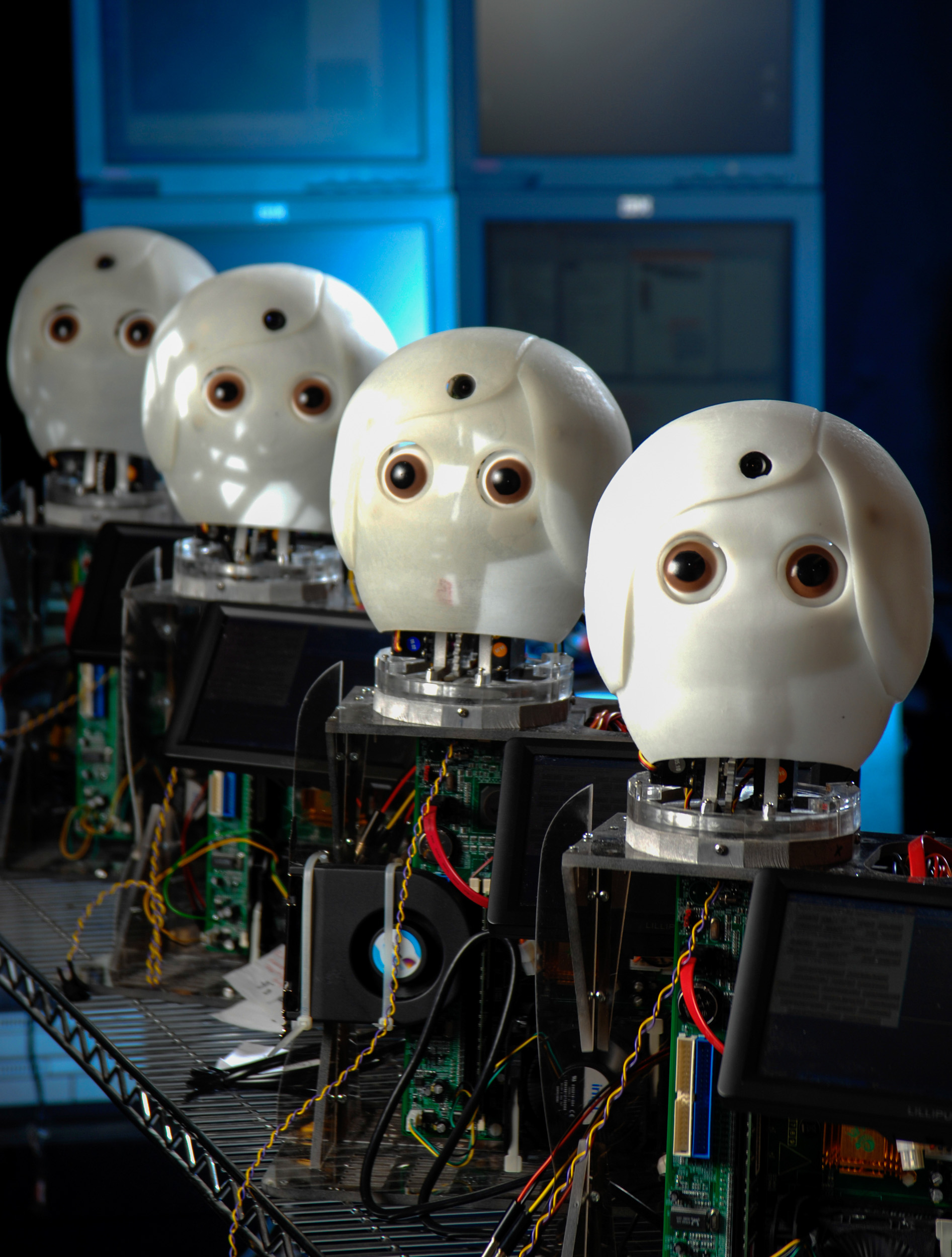

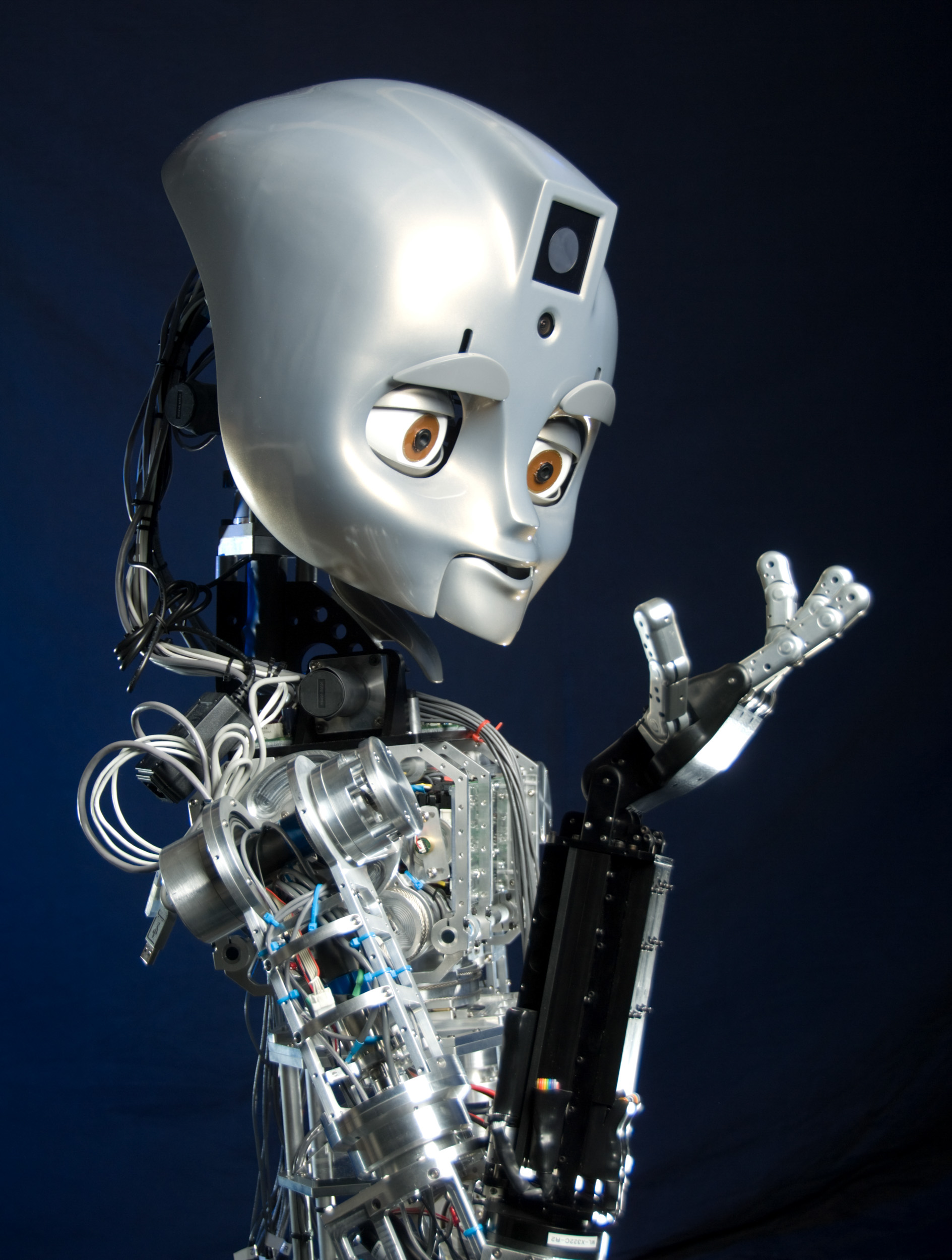

Cog was a project at the Humanoid Robotics Group of MIT. It was based on the hypothesis that human-level intelligence requires gaining experience from interacting with humans, like human infants do.
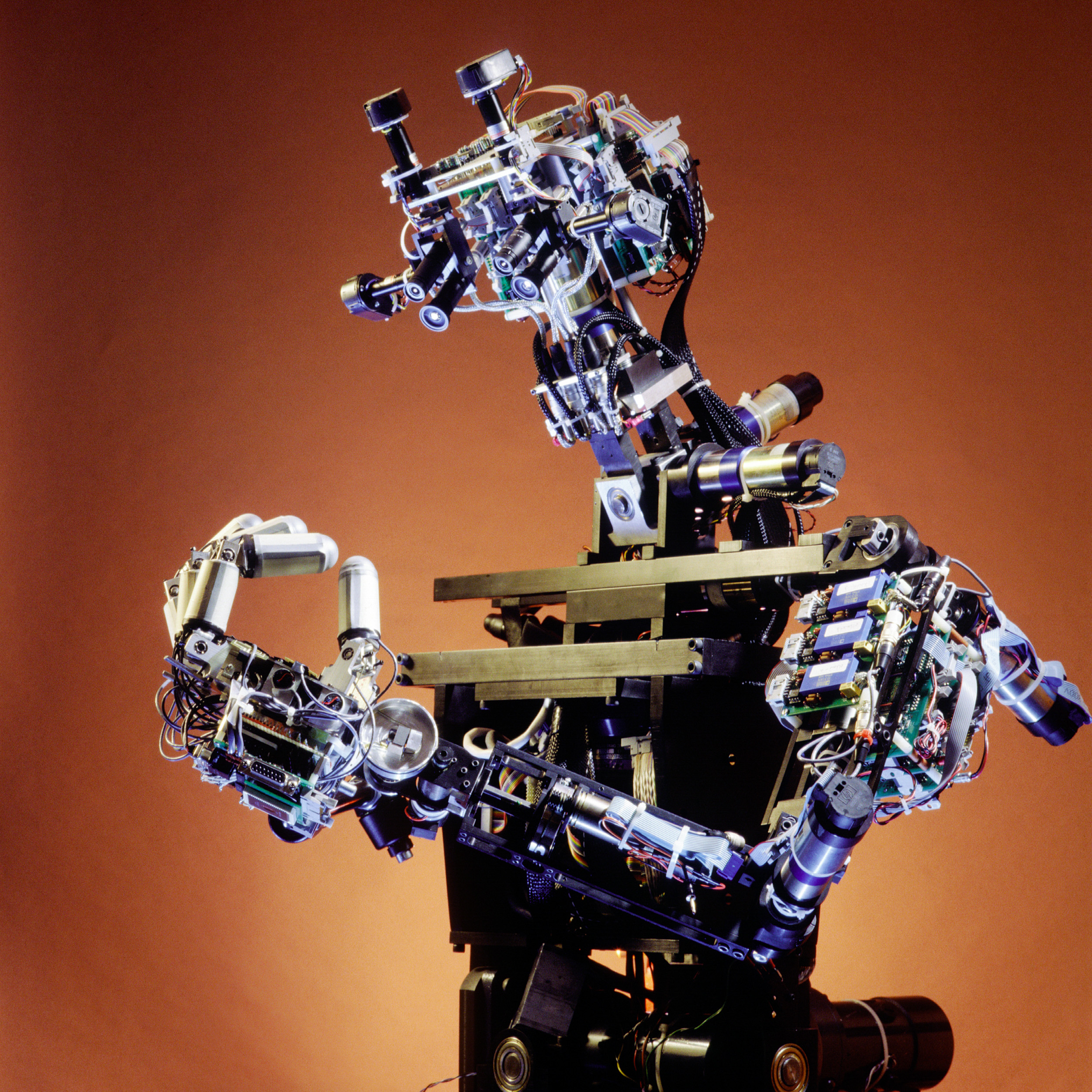
Cog was a project at the Humanoid Robotics Group of MIT. It was based on the hypothesis that human-level intelligence requires gaining experience from interacting with humans, like human infants do.

Rodney Brooks is the Panasonic Professor of Robotics (emeritus) at MIT.
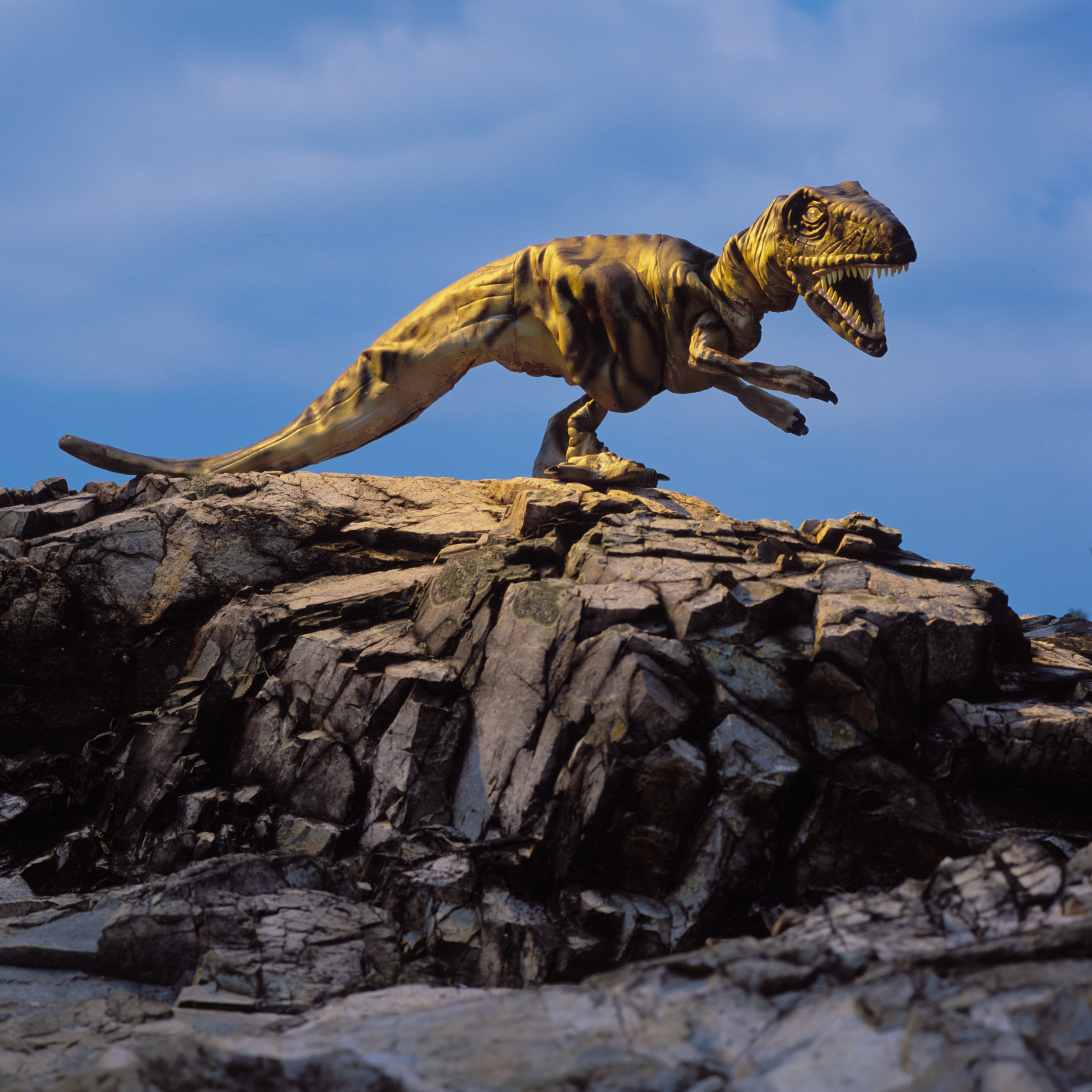
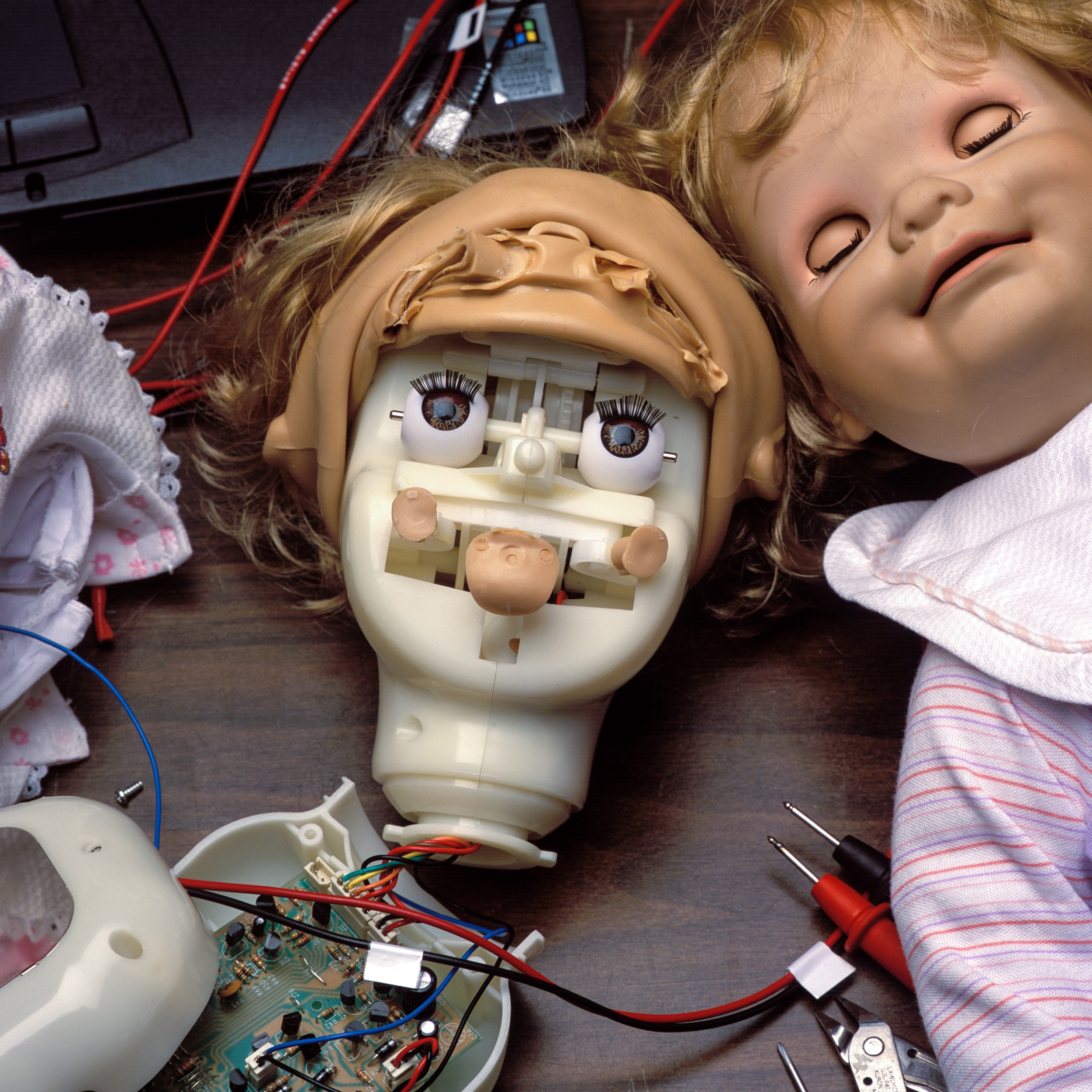

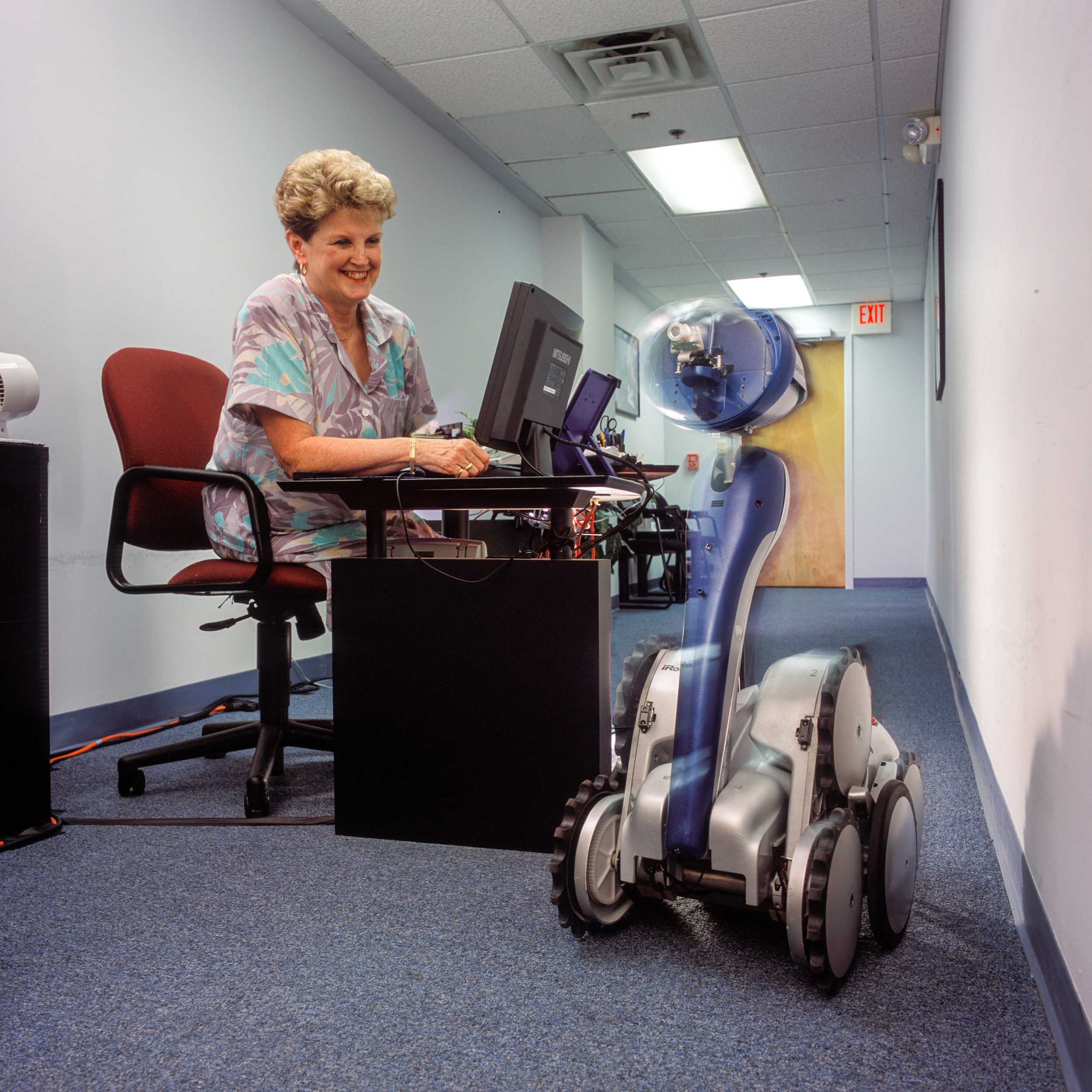
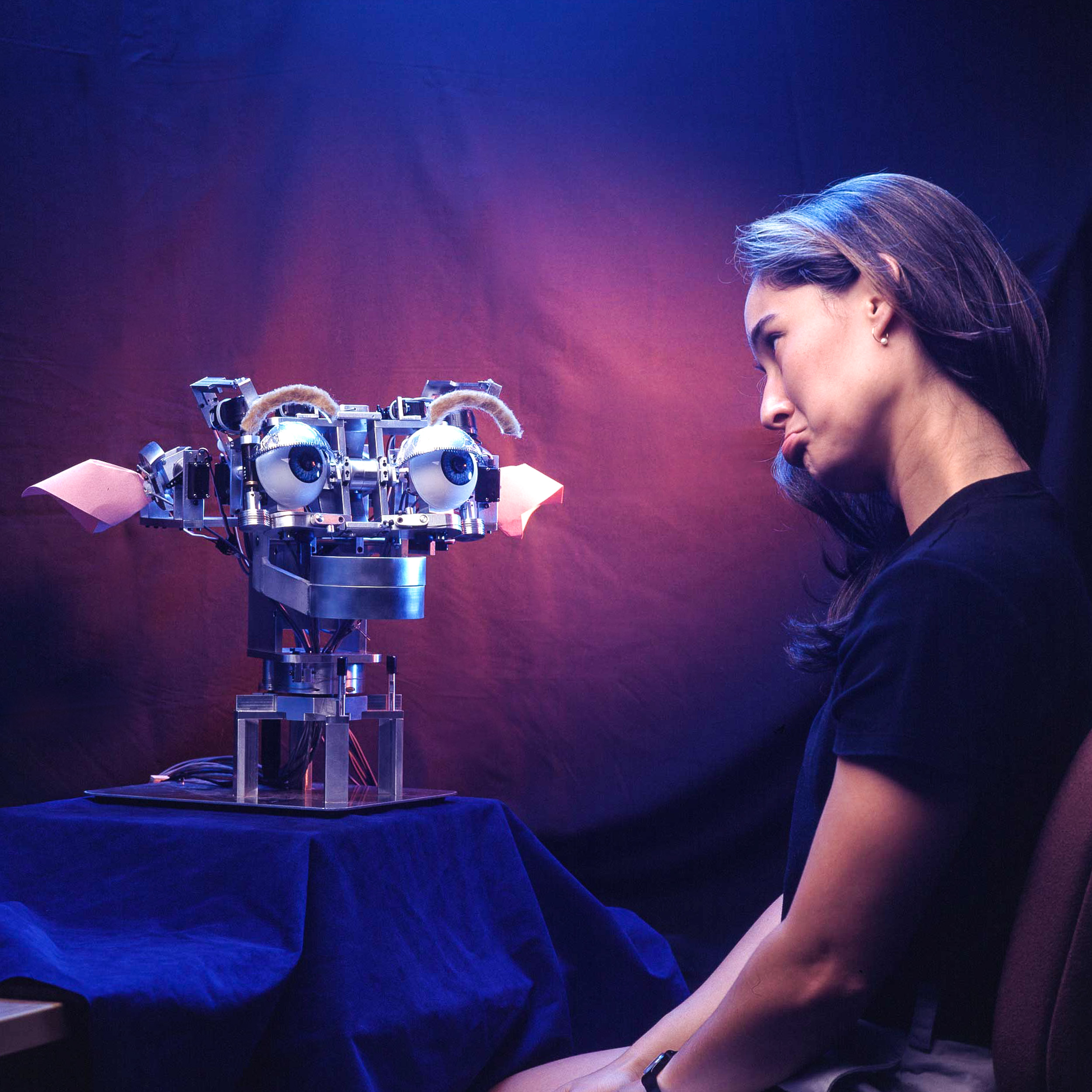
Kismet is a robot head made in the late 1990s at Massachusetts Institute of Technology by Dr. Cynthia Breazeal as an experiment in affective computing; a machine that can recognize and simulate emotions.
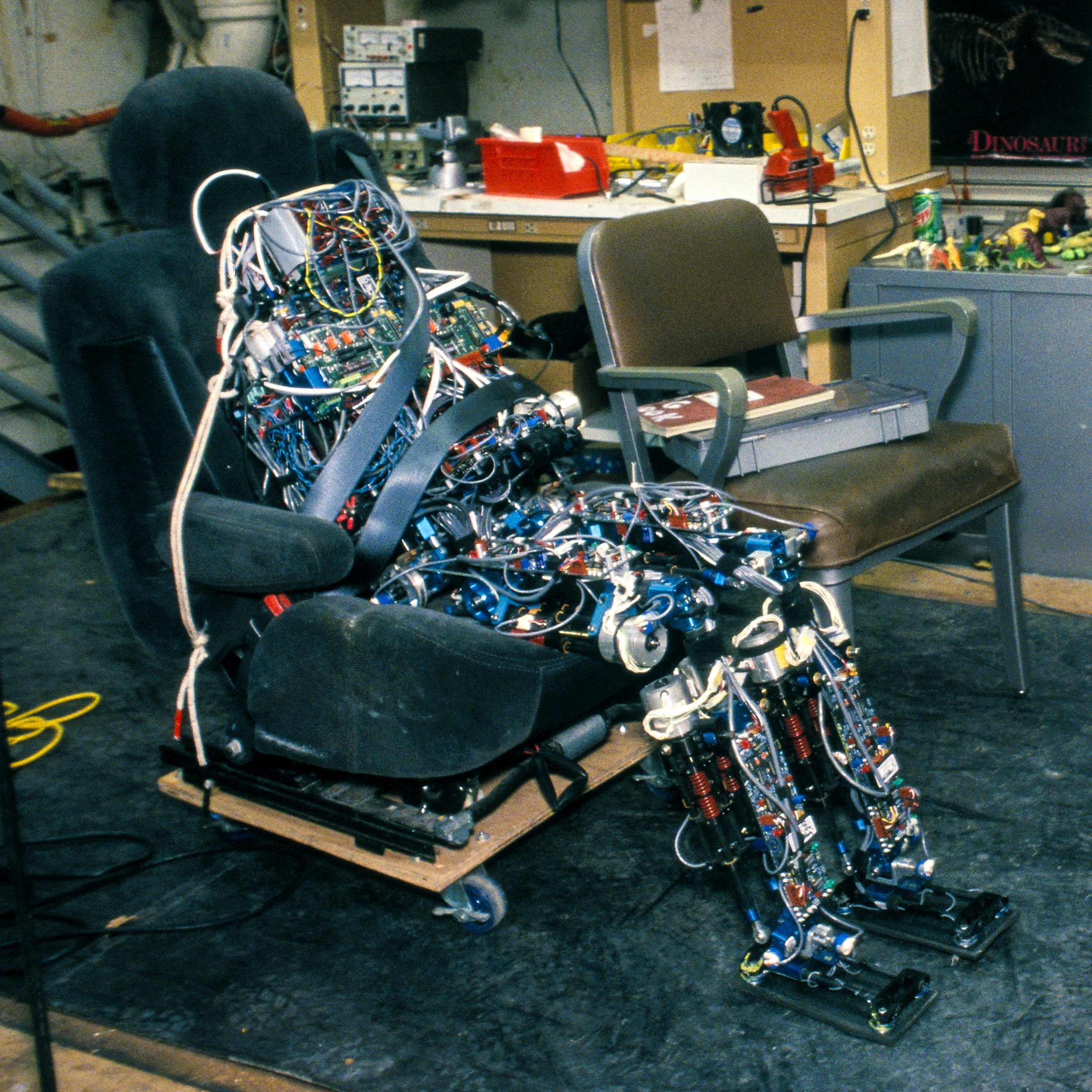
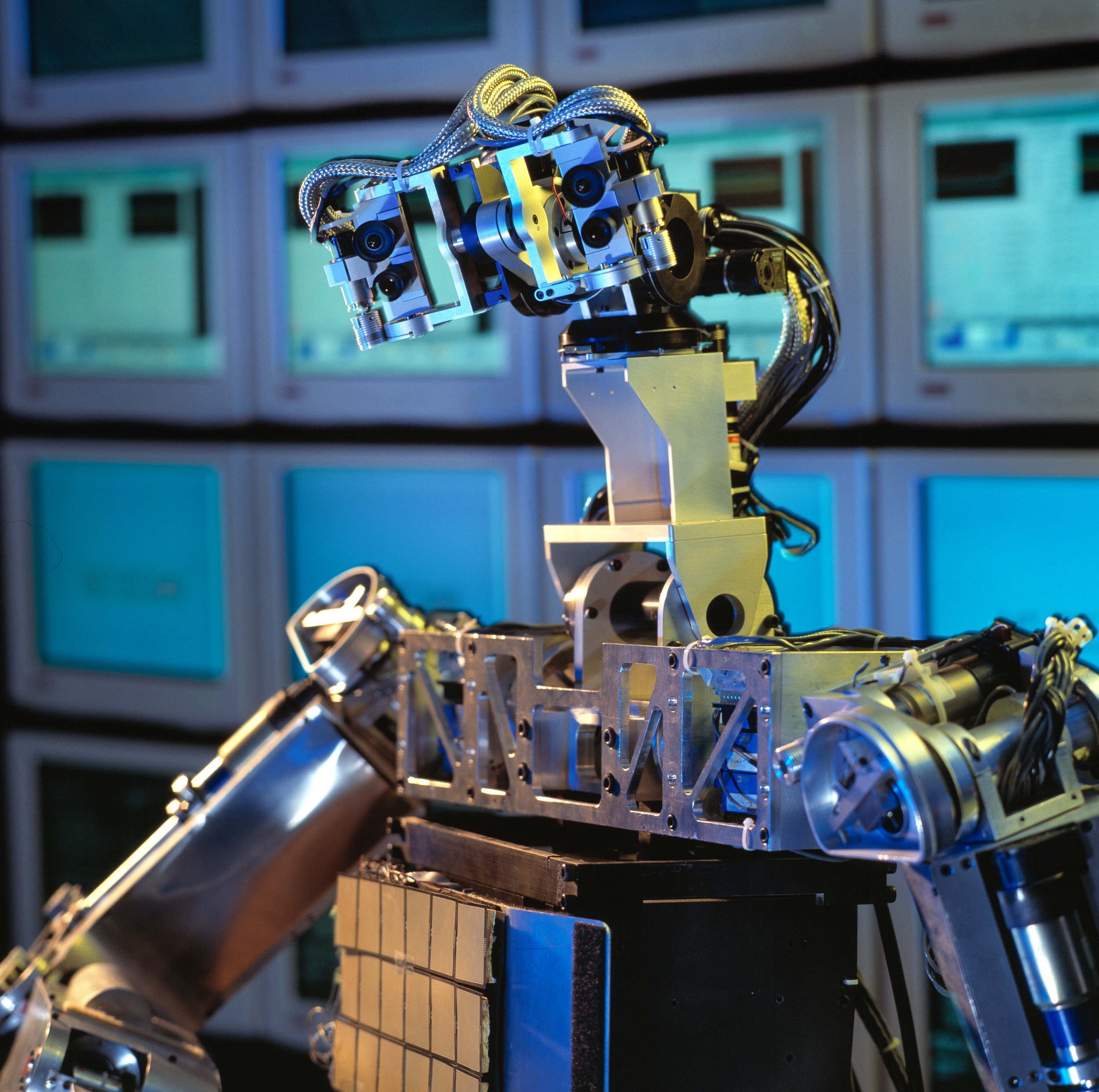
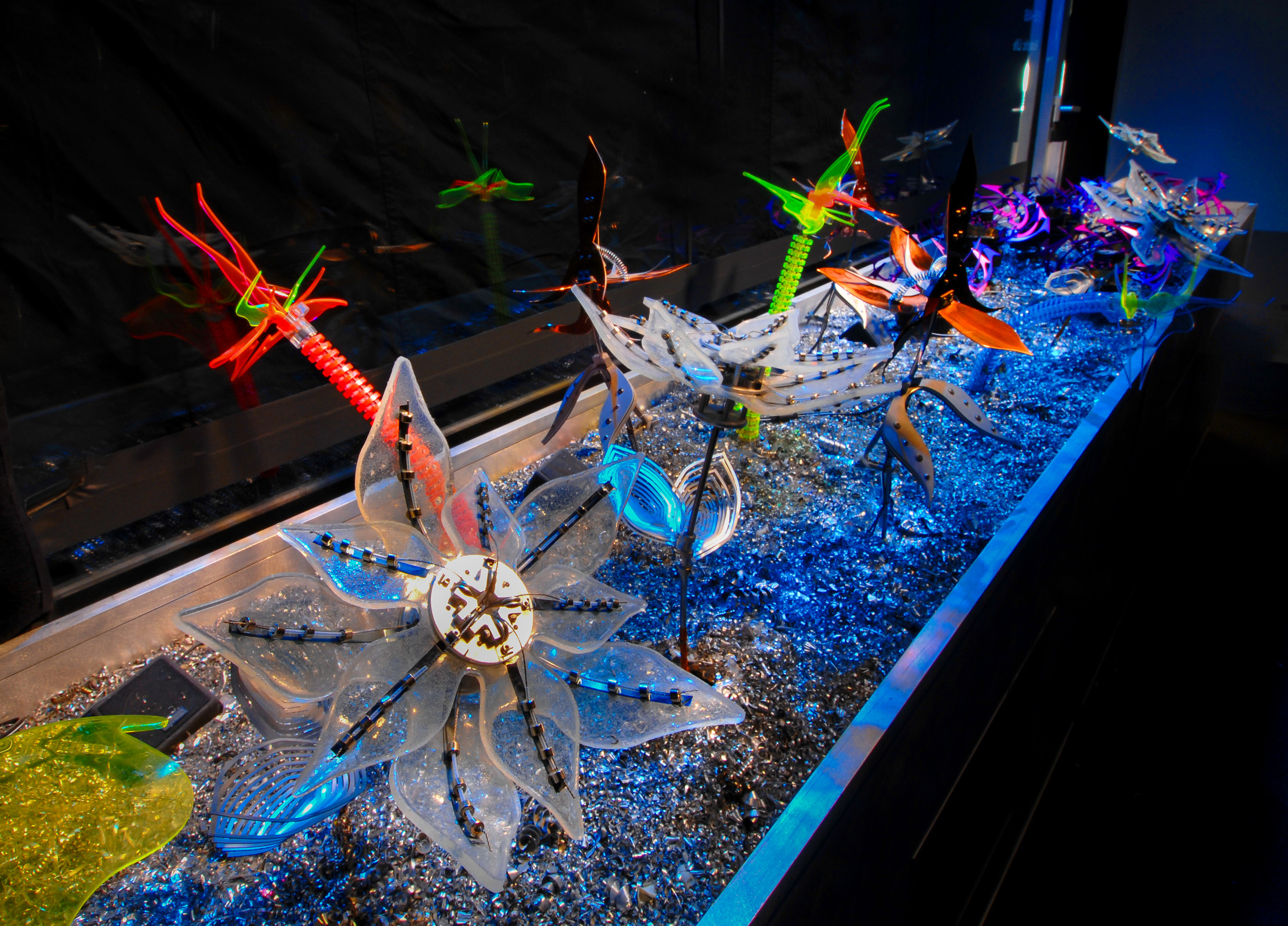
A robotic flower garden that senses and responds to people.

A robotic flower garden that senses and responds to people.

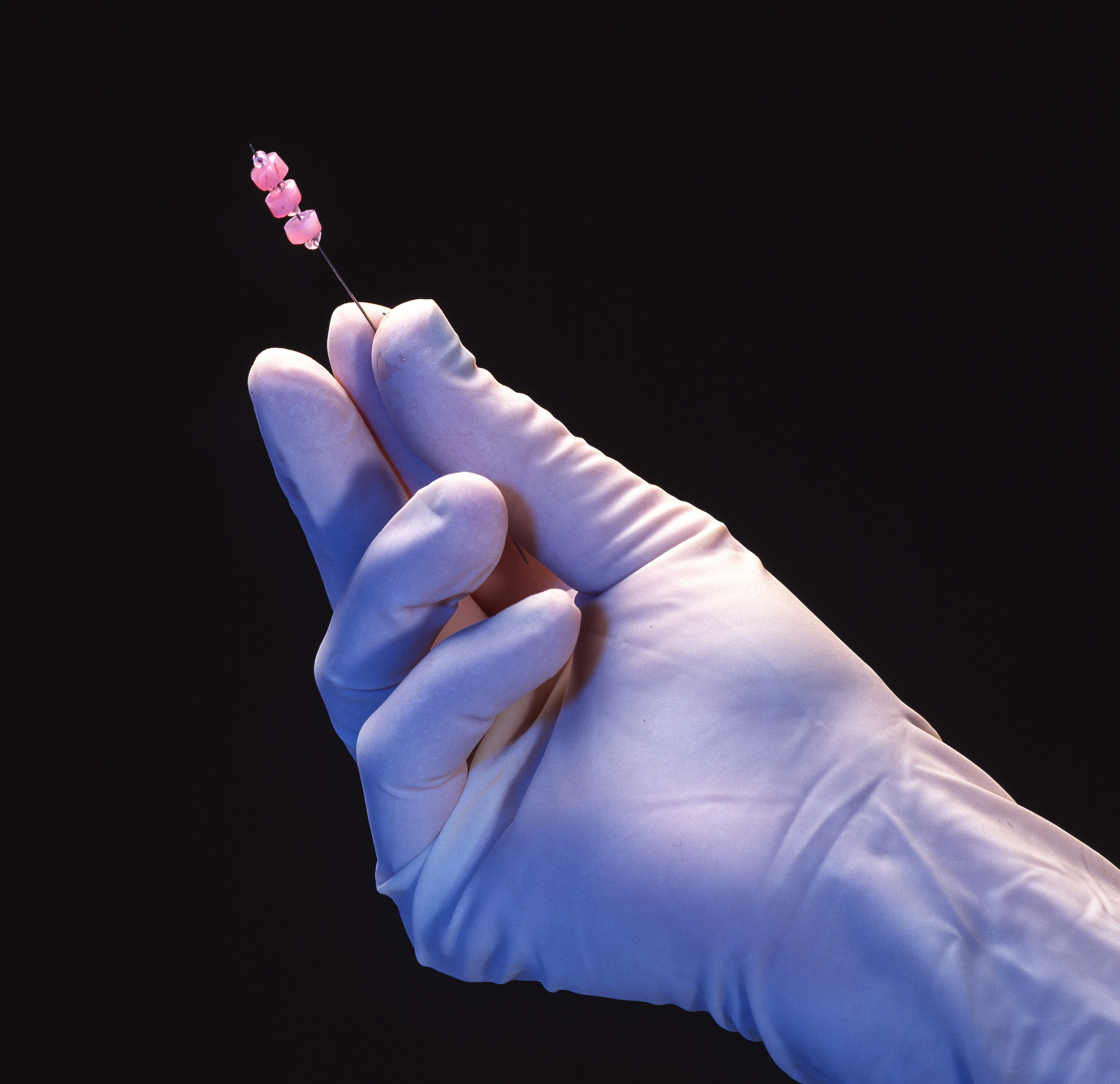
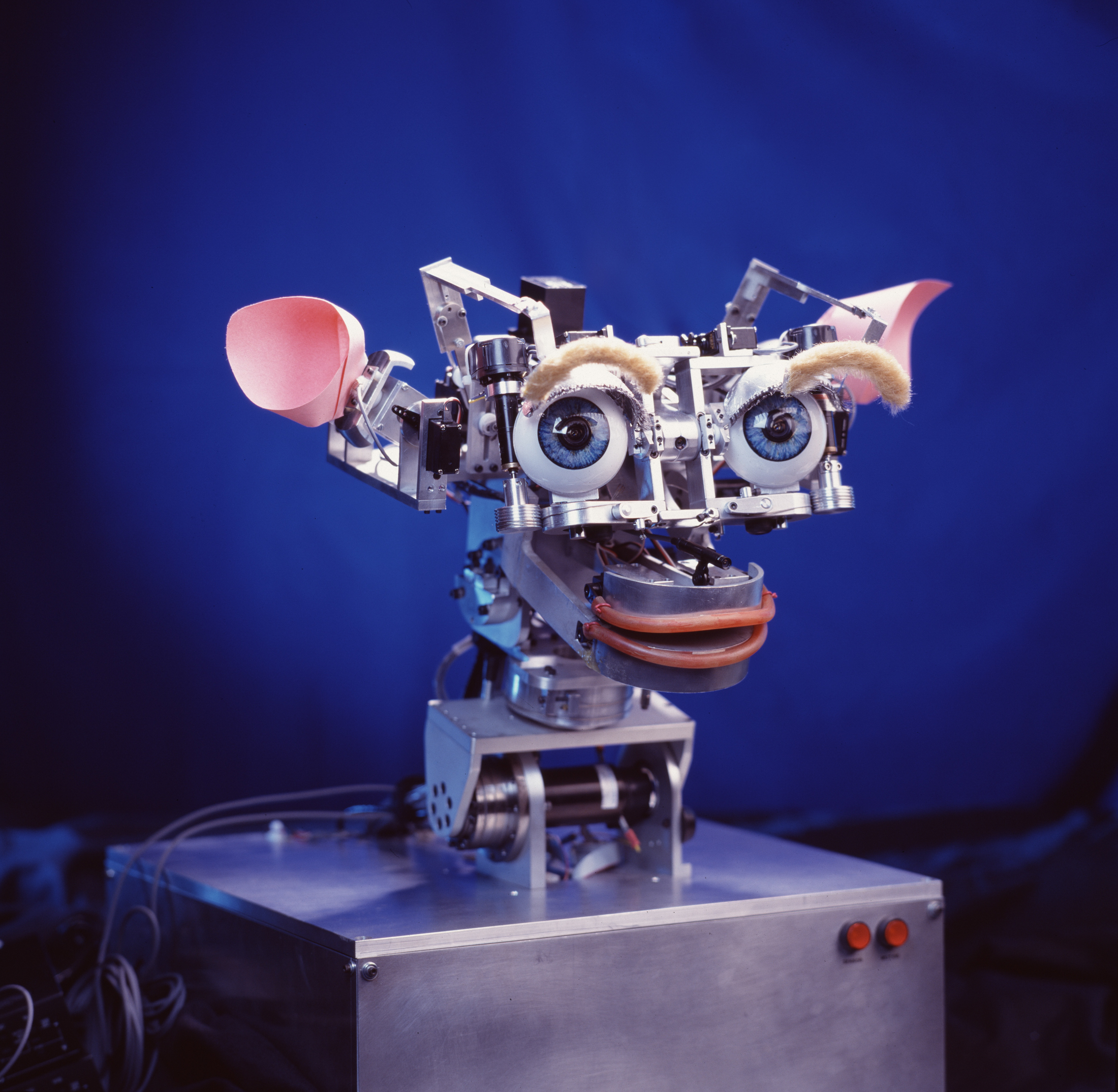
Kismet is a robot head made in the late 1990s at Massachusetts Institute of Technology by Dr. Cynthia Breazeal as an experiment in affective computing; a machine that can recognize and simulate emotions.

Thad Starner at MIT with a 90s version of wearable computing.
































Robotic Suite at a Molecular Cancer Imaging Facility
Leonardo is a 2.5 foot social robot, the first created by the Dr. Cynthia Breazeal at the Personal Robots Group of the Massachusetts Institute of Technology. The body is made by Stan Winston Studios, leaders in animatronics. Its body was completed in 2002.
John Kumph, a senior in mechanical engineering at MIT. Robopike, the first free-swimming robot fish, was a project started in 1993 with an aim to investigate the possibility of constructing a robotic submarine that could reproduce the way tuna and pike swim and see if they could find a superior system of propulsion for the autonomous underwater vehicles.
Leonardo is a 2.5 foot social robot, the first created by the Dr. Cynthia Breazeal at the Personal Robots Group of the Massachusetts Institute of Technology. The body is made by Stan Winston Studios, leaders in animatronics. Its body was completed in 2002.
John Kumph, a senior in mechanical engineering at MIT. Robopike, the first free-swimming robot fish, was a project started in 1993 with an aim to investigate the possibility of constructing a robotic submarine that could reproduce the way tuna and pike swim and see if they could find a superior system of propulsion for the autonomous underwater vehicles.
Cog was a project at the Humanoid Robotics Group of MIT. It was based on the hypothesis that human-level intelligence requires gaining experience from interacting with humans, like human infants do.
First free-swimming robot fish. The Robot Pike will be used in research into discovering why fish are such efficient swimmers.
Cog was a project at the Humanoid Robotics Group of MIT. It was based on the hypothesis that human-level intelligence requires gaining experience from interacting with humans, like human infants do.
Cog was a project at the Humanoid Robotics Group of MIT. It was based on the hypothesis that human-level intelligence requires gaining experience from interacting with humans, like human infants do.
Rodney Brooks is the Panasonic Professor of Robotics (emeritus) at MIT.
Kismet is a robot head made in the late 1990s at Massachusetts Institute of Technology by Dr. Cynthia Breazeal as an experiment in affective computing; a machine that can recognize and simulate emotions.
A robotic flower garden that senses and responds to people.
A robotic flower garden that senses and responds to people.
Kismet is a robot head made in the late 1990s at Massachusetts Institute of Technology by Dr. Cynthia Breazeal as an experiment in affective computing; a machine that can recognize and simulate emotions.
Thad Starner at MIT with a 90s version of wearable computing.